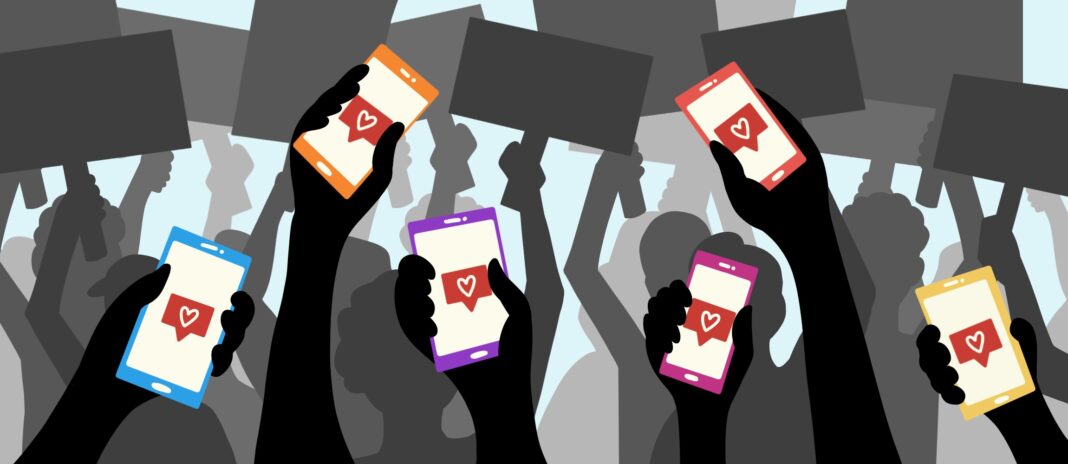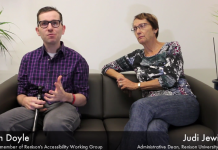Many social justice movements bring important attention to systemic inequities that affect disadvantaged peoples globally. Yet as we pass the one-year anniversary since the George Floyd protests, little has changed for the living conditions of many Black neighbourhoods around the world. Reflections are needed to address how advocacy centered in academics and/or social media creates a disconnect between real world applications and shapes much of the performative activism we see.
Additionally, examining the ways in which activism can facilitate accessible community engagement is also a vital part of truly promoting reform. As a Black woman and a second-generation immigrant, I believe a lot of the approaches toward advocacy — such as those used by Black Lives Matter (BLM) and similar organizations — haven’t effectively achieved positive change within our communities.
While we have made steps toward symbolic change, recognition and awareness, I do not think this is enough. Examples include the overwhelming attention on performative statements from celebrities and businesses, token minority representation in movies, or out of touch trends such as the “blackout” movements on Instagram in June 2020. Eventually, what happens is that advocacy might not always align with the lived experiences of people in need. We are ironically repeating the history of disadvantaged people continuously being ignored and not having their voices heard, only this time by members of their own community
An intriguing piece by Huffington Post analyzed how Malcolm X, known as one of the most notable figures in the civil rights movement, observed the media’s fixation on referring to Black celebrities on complicated matters. The article specifically mentioned the pattern of white people in positions of power offering Black activists room in meetings to present a false image of allyship. We most recently saw this in the past election season with former U.S. president Donald Trump pandering to Black celebrities such as Lil Wayne, or current U.S. President Joe Biden having interviews with Cardi B.
Unfortunately, this drowns out the voices of critical community leaders Including non profit organizations such as the Association of Black Psychologists, Black Urban Growers, or the Black Health Alliance based in Canada. What comes out of these conversations or statements from these celebrities only achieves “token progress” that the notable Malcolm X observed in his speech delivered decades as mentioned in the previously noted Huffington Post write-up. In my opinion, these celebrities who often don’t have the experience or expertise to have critical discussions on opportunities to solve and address anti-black racism, discredit the movement and public narrative.
The rise of “brand activism” is another notable case, an example being Nike’s launch of Colin Kaepernick as the face of their campaign, which increased their profits tremendously. It is clear that campaigns and marketing techniques that were driven by these large corporations lead to increased revenues while the inequities in Black and racialized communities remain the same. Moreover, the outrage continuously pushed by the media polarizes everyday working people who have more in common than the corporations which benefit from our suffering, outrage and division.
I think it is time to evaluate how recent movements, actions and controversies have actually made a difference in promoting equality. BLM has reportedly collected $90 million in donations as of 2020 according to the Washington Post. For instance, the story of Michael Brown who was tragically shot by the police the same year also made headlines in the news. Yet not long ago his father demanded to receive compensation and questions where the money was distributed within the community as noted in a piece by the Washington post. History has shown this cycle is all too common with viral social movements, especially regarding tragedies related to police brutality that end with little support to victims’ families or institutional reform.
I believe we need further accountability of non-profit organizations in order to ensure the social mobility and self-determination of Black communities by allowing for bottom-up change. Maybe it doesn’t seem like much — but I believe a start toward sustainable progress in structural reform is to extend hospitality to one another. Talk with people, be open to new ideas and let go of our preconceptions of the “other,” particularly through encouraging crucial community collaboration in our city planning, public health and policy decision-making. Yet, this can only happen once we shift our focus and actually become invested in promoting equity and well-being for each other, even if that means needing to be pragmatic.































